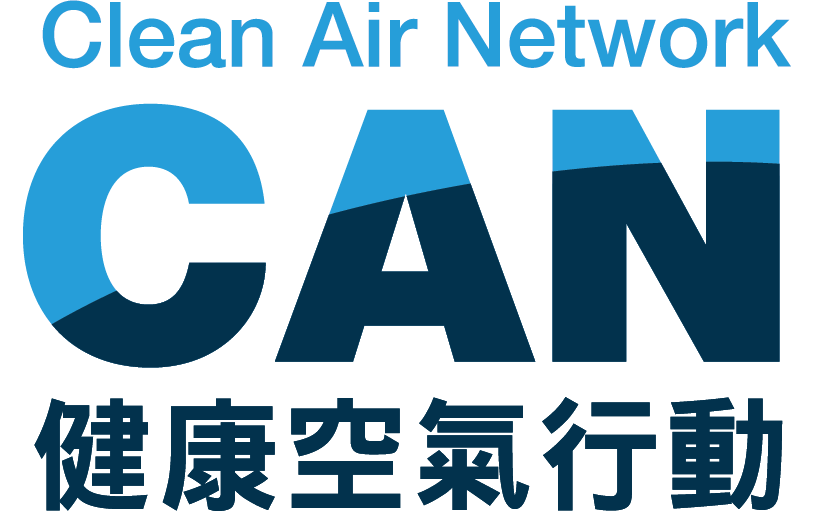
We firmly believe that air quality is fundamental to overall well-being. Our vision is to achieve clean air for all in Hong Kong.
Air quality is a cornerstone of individual and public health. Breathing clean, uncontaminated air is essential for maintaining optimal physical and mental well-being. Poor air quality, whether from pollution, particulates, or other airborne toxins, can have direct and detrimental impacts on respiratory function, cardiovascular health, and neurological processes. Exposure to air pollutants has been linked to increased incidence of asthma, lung disease, heart attacks, strokes, and even cognitive decline.
Conversely, access to fresh, unpolluted air allows the body and mind to function at their full potentials. Clean air supports efficient oxygen exchange, reduces inflammation, and enables the body’s natural detoxification processes. This, in turn, promotes stronger immunity, increased energy levels, and improved overall health outcomes.
Investing in air-quality related education, air quality monitoring, emissions reduction, air- quality improvement measures and related practices is a sound investment in the health and vitality of the population.
Achieving our vision of “Clean Air for All” requires a well formulated strategy and plan as well as long-term and diligent effort to secure the full participation of the society to drive initiatives fostering green, sustainable culture and combating climate change and environmental issues.

Over the past 15 years, being the only dedicated air-issue focused NGO in Hong Kong, CAN has been playing a pivotal role in shaping the Government clean air related policies through constructive dialogue and integrating various resources to drive effective and impactful development.
CAN has achieved multiple milestones over the years which led to the following key achievements:
Substantially enhanced public awareness of air pollution’s health impact through strong partnership with education, private, social welfare and other sectors.
Catalyzed significant government policy changes that improved HK’s air quality by 40%-60% from 2012-2022 through a combination of media, research and engagement works.
Initiated coalition with academia, industries and NGOs to address air quality issues holistically. Co-found the Zero Emission Mobility Consortium which helped shape Government’s policy on new energy vehicles.
Facilitated cross-disciplinary dialogues among experts of various fields to build knowledge. Organised forum to consolidate findings by various experts and build foundation for addressing IAQ issue in the future.
CAN was formed. Founding Board included Christine Loh, Anthony Ng, Marcus Shaw
Initiated city-wide Public Education Campaign
Co-hosted “Chief Executive Election Environmental Policy Forum”
Organised “Clean Air Drive” to promote new energy vehicles
Achieved key policy change that the Air Pollution Control Ordinance (Cap. 311) is updated to require a review of the Air Quality Objectives (AQOs) at least once every five years to continuously improve air quality and safeguard public health.
Achieved key policy change to phase out old and polluting Pre-Euro to Euro IV diesel commercial vehicles (DCVs) and set the service life limit of newly registered DCVs at 15 years
Achieved key policy change for Hong Kong to become the first port in Asia to mandate fuel switch at berth which reduced significantly the level of sulphur dioxide
Co-organised “Very DVRC” on walkability issue as a parallel for Walk21 Conference Hong Kong
HKSAR Government set out walkability policy “Walk in HK” with a view to creating a pedestrian friendly environment
Appointed as member of working group of Air Quality Objectives Review
Published “Citizen Clean Air Plan”
Co-initiated the “Zero Emission Mobility” Consortium
Achieved key policy change for HKSAR Government to commit 700 electric franchised buses and 3,000 electric taxis by 2027
Organised HK’s first “Clean Air Day” campaign
Organised the Indoor Air Quality (“IAQ”) Forum which was attended by 10 expert speakers and 100 guests with strong and diverse representations across sectors.